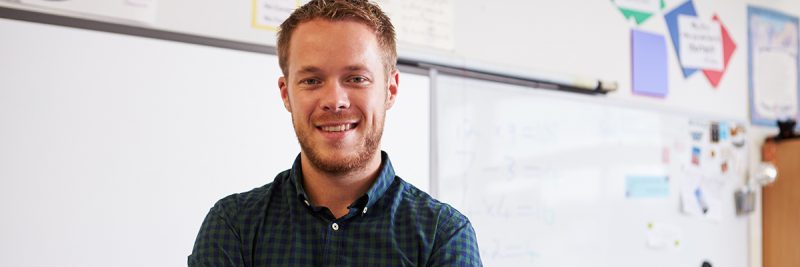What now for schools?
The Election dust has settled…what now for schools?
The general election is behind us and we now wait to see which manifesto pledges will be kept. My fear is that we still do not have any considered responses to the immediate problems of teacher recruitment and retention or on changing what we teach to meet the changes in the world of work.
It is perhaps pertinent and sad to remember that the single most important reason for the failings of our schools since World War II has been the fact that successive governments have shamelessly used education to advance their own interests. Was the last government….is the new government… any different? Governments’ horizons are always fixed five years ahead whereas we need a long-term view with appropriate policies to secure the future of all of our schools.
What we have witnessed and endured is a constant stream of new policies and initiatives as political expediency and the personal egos of ministers have trampled all over the body ‘education’. In 2010, fifteen eminent professors wrote an open letter to all parties contesting the election urging that schooling should be depoliticized and that what happens in classrooms should no longer be micro-managed by government.
Who is it who is formulating a view of what our schools will look like in ten or twenty years’ time?
Who is it who is visualising how education might be delivered or what form new and sophisticated programmes of on-line learning will take and what infrastructure will be required?
Who is it who is assessing how our schools and universities will respond to new technologies, artificial intelligence and a rapidly changing job market?
Who is it? Politicians? Headteachers? Academics? Parents? Teachers? Computer programmers?
Graham Brown-Martin explains in his book ‘Learning {Re}imagined, a common reason for these perversities’ how our schools were designed to produce the workforce required by 19th-century factories. The desired product was workers who would sit silently at their benches all day, behaving identically, to produce identical products, submitting to punishment if they failed to achieve the requisite standards. Collaboration and critical thinking were just what the factory owners wished to discourage.
He thinks that as far as relevance and utility are concerned, we might as well train children to operate a spinning jenny. Our schools teach skills that are not only redundant but counter-productive. Our children suffer this life-defying, dehumanising system for nothing.
There is no single system for teaching children well, but the best ones have this in common: they open up rich worlds that children can explore in their own ways, developing their interests with help rather than indoctrination.
At present, too little of the debate is being orchestrated by teachers and headteachers and in particular those in state schools. Is it because they do not have the time, the inclination, the opportunity or because they are not able to be heard within such a competitive education system?
We need to find the thinkers in our schools and tap into them. As always, the challenge for schools will be to find ways to engage their staff to think, debate (and even write about) education, knowing that if heads and teachers aren’t engaged in strategic thinking, then the hijacking of education policy by politicians and bureaucrats will continue.





